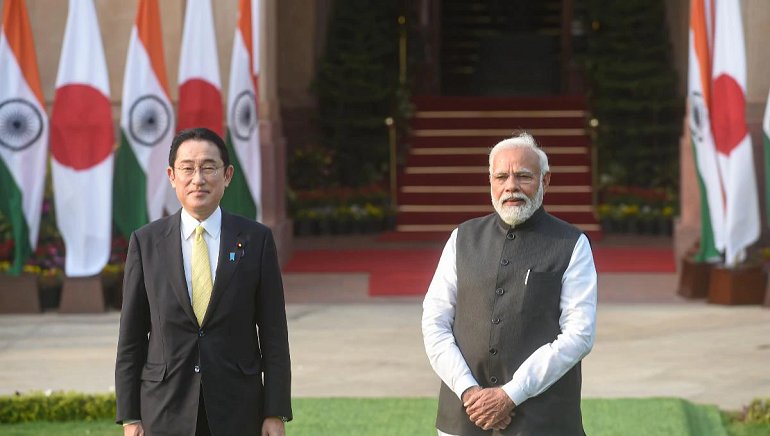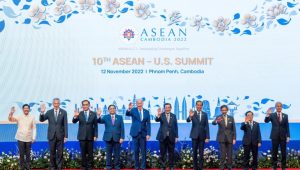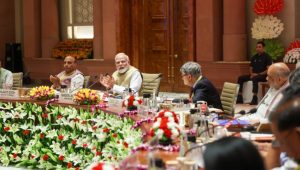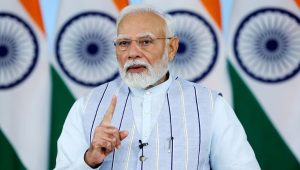On Saturday, India and Japan collaborated to extend clean energy partnership to cover EVs, green hydrogen and battery storage as the two Asian economic powerhouse pivot net-zero carbon emission pathways.
Japan aims to achieve the target of net zero-carbon emission by 2050 meanwhile India expects to achieve it by 2070.
After the 14th India-Japan Annual Summit, Japan Prime Minister Kishida Fumio met India Prime Minister Narendra Modi and issued a joint statement that outlined areas of cooperation between the two nations.
The statement said, “India and Japan acknowledged the need to explore a variety of options to ensure a secure and stable supply of energy for achieving both goals of sustainable economic growth and addressing climate change. They share the view that there is no single pathway to achieve a low-carbon economy, but rather there are different paths for each country”.
Japan and India agreed to expand their cooperation in 2007 as part of the Japan-India Energy Dialogue to include Electric Vehicles (EV), storage systems, such as batteries, electric vehicle charging infrastructure (EVCI), development of solar energy, such as solar PV cells, as well as wind turbines and clean coal technologies.















